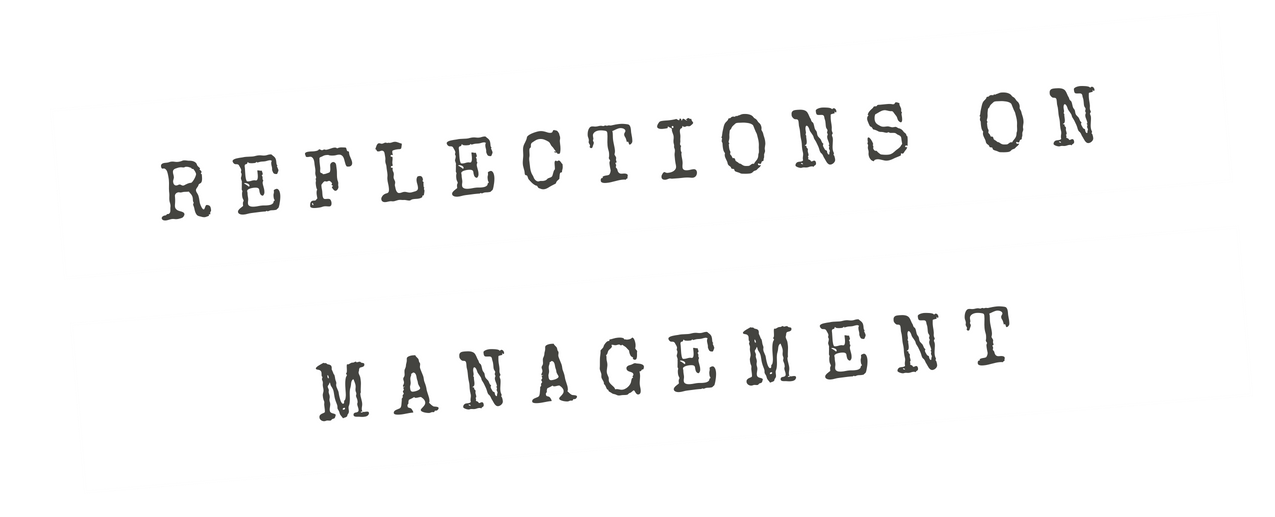We are extremely busy, but we have to fight the temptation to let our own busy-ness be a reason not to learn
Season 1, Episode 8
One of my dissertation subjects told a story about graduating from the War College and going to the new assignment, and on the first day was effectively told that what was learned would not be useful. The exigencies of the moment would consume all available time. The overprogramming of time has been a recurring theme — whether in the field or in educational settings. A seemingly irresistible trend is to add new requirements to an already busy organization without full consideration of the workload already present. Although organizational members certainly appreciate being told they no longer have to do something, removing a requirement is incredibly difficult. Why is this and what can we do about it?
One clear answer is instituting reflection in one’s professional life. Reflective thinking, reflective writing, reflective organizing are all possible if one can make them habits. Starting with the diaries of Eisenhower, I show how important reflection is and introduce several ideas and methods proposed by organizational scholars and practitioners. (This podcast series is about reflection as well…).
Works Referenced:
Daudelin, M. W. (1996). Learning from experience through reflection. Organizational dynamics, 24(3), 36-48.
Galvin, T. P. (2015). A Phenomenological Study of Identity Construction among Military Officers Promoted from the Middle Ranks to the Roles of Senior Leaders (Doctoral dissertation, The George Washington University).
Kongsbakk, N., & Rooney, D. (2016). Too busy to learn. Wisdom Learning: Perspectives on Wising-Up Business and Management Education, 117.
Meinhart, R. M. (2013). Joint Strategic Planning System Insights: Chairmen Joint Chiefs of Staff 1990 to 2012. Carlisle, PA: Strategic Studies Institute.
__________ (2018). Insights for a committed learning environment. Journal of Military Learning, 2(1), 76-93.
Scales, R. H. (2010). Too busy to learn. Army History, (76), 27-31.
Schoen, D. (1987). Educating the reflective practitioner.
Wong, L., & Gerras, S. J. (2015). Lying to ourselves: dishonesty in the Army profession. Carlisle, PA: Strategic Studies Institute.


